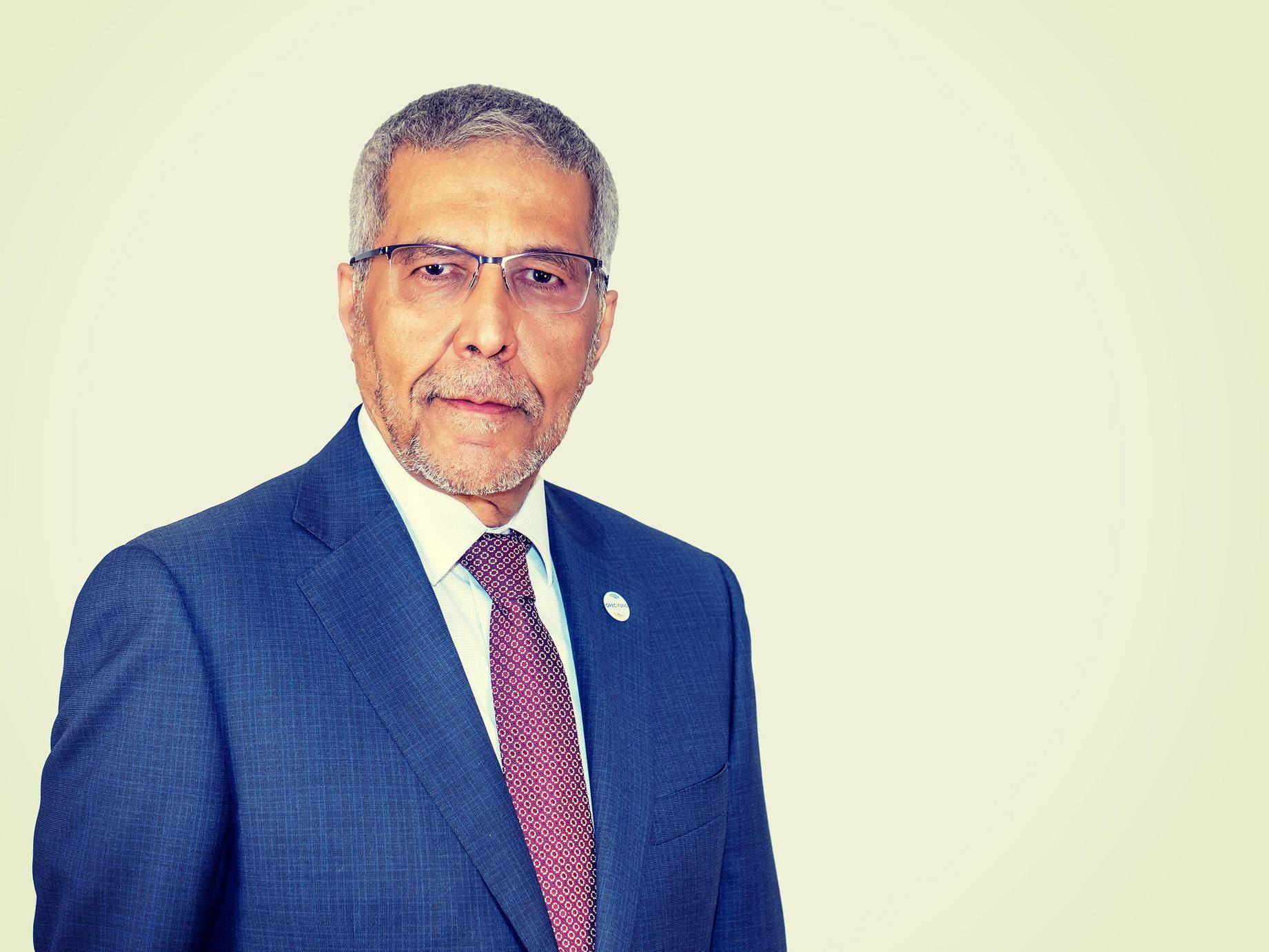We use Cookies. Read our Terms
- News
- “Our Goal is the Long-Term Perspective of Clean Energy”
“Our Goal is the Long-Term Perspective of Clean Energy”
OPEC Fund Assistant Director-General Fuad Albassam on how the institution combines long-term development goals with short-term humanitarian demands and the opportunities COP28 offers

Fuad Albassam is the Assistant Director-General, Public Sector Operations at the OPEC Fund, where he previously served as Director of Africa Region and Director of Asia Region. Prior to joining the OPEC Fund, he was Senior Project Officer at the Saudi Fund for Development. Mr. Albassam holds a Master’s in Engineering Management from George Washington University, USA and a Bachelor of Science in Civil Engineering from the University of Central Florida, USA.
OPEC Fund Quarterly: How is the OPEC Fund contributing to the achievement of SDGs 7 and 13? What have been our most impactful projects in recent years?
Fuad Albassam: Ever since we were established in 1976, the OPEC Fund has financed energy projects in developing countries. The sector has always been our main focus, and our portfolio especially targets energy poverty, including the generation, transmission and distribution of electricity in both urban and rural settings.
We’ve funded clean energy projects worldwide, including wind and solar photovoltaics. We’ve also funded “multipurpose” hydropower plants, which provide not only electricity but also water for irrigation and drinking – thus helping to meet additional development goals as well as humanitarian demands linked to food security.
OFQ: What is our focus for the next few years?
FAB: In September 2022, we approved our first Climate Action Plan, where we committed to doubling our share of climate financing by 2030, rising from 20 percent at present to 40 percent of all new financing by the end of the decade. Under this umbrella comes the Clean Cooking Initiative, which we’ve already started in Madagascar and which covers many SDGs beyond energy and climate – including health, poverty and equality. This pilot will be followed by other projects across sub-Saharan Africa.
At the OPEC Fund, we’re not only financing physical infrastructure. We recently launched a new instrument in the form of policy-based loans and have already made a large investment in Latin America and the Caribbean. The goal is to reinforce the long-term perspective of clean energy policies but with the caveat that our operations remain country-driven.
OFQ: Is working with the private sector part of that ambition?
FAB: Yes, we’re already co-financing private sector projects in East Africa, which involve energy generation and transmission. Our Private Sector department is doing very good work on solar and wind projects, and as head of the Public Sector department I can say that we always aim to synergize and complement these efforts. We look forward to more opportunities to work with the private sector, including on public-private partnerships.
OFQ: The UN Climate Change Conference COP28 will be held in United Arab Emirates (UAE) in late 2023. Do we have any particular plans for this global event?
FAB: As UAE is an OPEC Fund member state, COP28 is a very good opportunity for us to demonstrate who we are as a development institution, especially on the SDGs, climate and related issues. There will certainly be strategic planning and other work with the Arab Coordination Group, as we saw with our joint declaration at COP27. Our participation at COP28 in Dubai could take the form of an extension of our COP27 declaration, as we continue our intensive outreach with partners and stakeholders at major international forums.